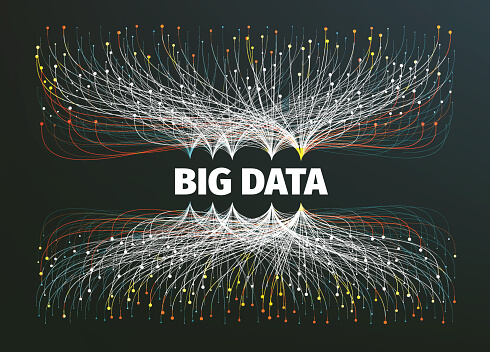By Rick Delgado
Data science is undeniably beneficial for numerous reasons. It is important to remember, though, that it can mean something different based on the context that it is used within. For example, data science for a startup company in the early stages of opening their doors will be used completely different than the science for a Fortune 500 giant. With various roles taking place in data science, it makes perfect sense that science teams need to be created to fulfill these different roles even if automation and converged systems are in place. With this in mind, it is easier to understand that different teams will of course view data in different ways. Science teams and the industries they operate in will determine their goals and uses of data science. Here is a brief overview of different companies and how they use data.
Companies with 200 workers or fewer in the early stages of startup
Those who jump on the early-stage startup wagon should be prepared to take on various roles within the data science field – data scientist, data engineer, and data analyst. If data itself is the product being sold by the startup, then the roles become even more extensive. After all, companies optimizing data to sell it and applying machine learning will have higher standards in regards to how they view data than those startups that simply use data science to develop products.
Companies differ in regards to whether they are B2B startups or B2C startups. A B2B startup (like Salesforce) sells products/data to other companies, whereas a B2C (like Amazon) deals with selling to consumers. B2B startups generally deal with a low number of data challenges, yet these challenges are often extensive in detail and nature. It is imperative that these challenges be effectively resolved because each one can lead to a detrimental loss in revenue being that B2B startups tend to have few clients they sell to. On the other hand, B2C startups tend to have a higher number of challenges, but they are usually not very extensive in nature. When problems arise, they are not typically approached on an individual customer basis, rather they are approached on a group-of-customers basis.
Mid-size and Fortune 500 companies
Smaller companies use data to enhance their operations. Mid-size and Fortune 500 companies develop their operations around data science. They understand that increasing their profit levels always comes as a result of data science-related activities. These companies’ teams tend to be well-funded, vigorous, and have first-class access to an enormous amount of data. The teams will likely have sub-teams within themselves, with the smaller teams having the goal of translating their findings into business insights.
It is not uncommon for mid-size and large companies to have millions of data points or more. Data science is usually approached by employees who represent the top talent in the world and work with today’s most cutting-edge data science technology. Those working on data teams for mid-size and large companies exhibit ferocious innovative thinking.
Specific Industries
As outlined above, the size of a company and the products it sells will influence how data science is viewed and used. Industry specifics also play a role in the use of data science. Here is a quick look at two specific industries and how they use data science.
Internet Search Engines: Any company developing a search engine will use data science to create algorithms that deliver the best results possible to its end users. The goal is to create search results in a fraction of seconds. Without data science, search engines would not exist, and the Internet would not be nearly as useful for both businesses and consumers alike.
Delivery Logistics: To improve operational efficiency, almost all delivery companies take advantage of data science. Not only does it help create the best routes to take to deliver products, but it also takes into account the best times to travel and perform the actual drop offs.
What industry does your company operate in? Could you be using data science to improve operational effectiveness and efficiency? Chances are the answer is yes.
Rick Delgado is a technology commentator and writer. Follow him @ricknotdelgado.







